Iron Removal Plant For Hotels & Restaurants





Get the best results of your water today !
Ready to solve your water quality issues with a custom Iron water solution? Contact us today for a free consultation or a tailored quote for an Iron removal plant. Our team is here to help you enjoy Clean and Iron Free Water at Hotels and Restaurants.
From Yellow rings to Crystal clean
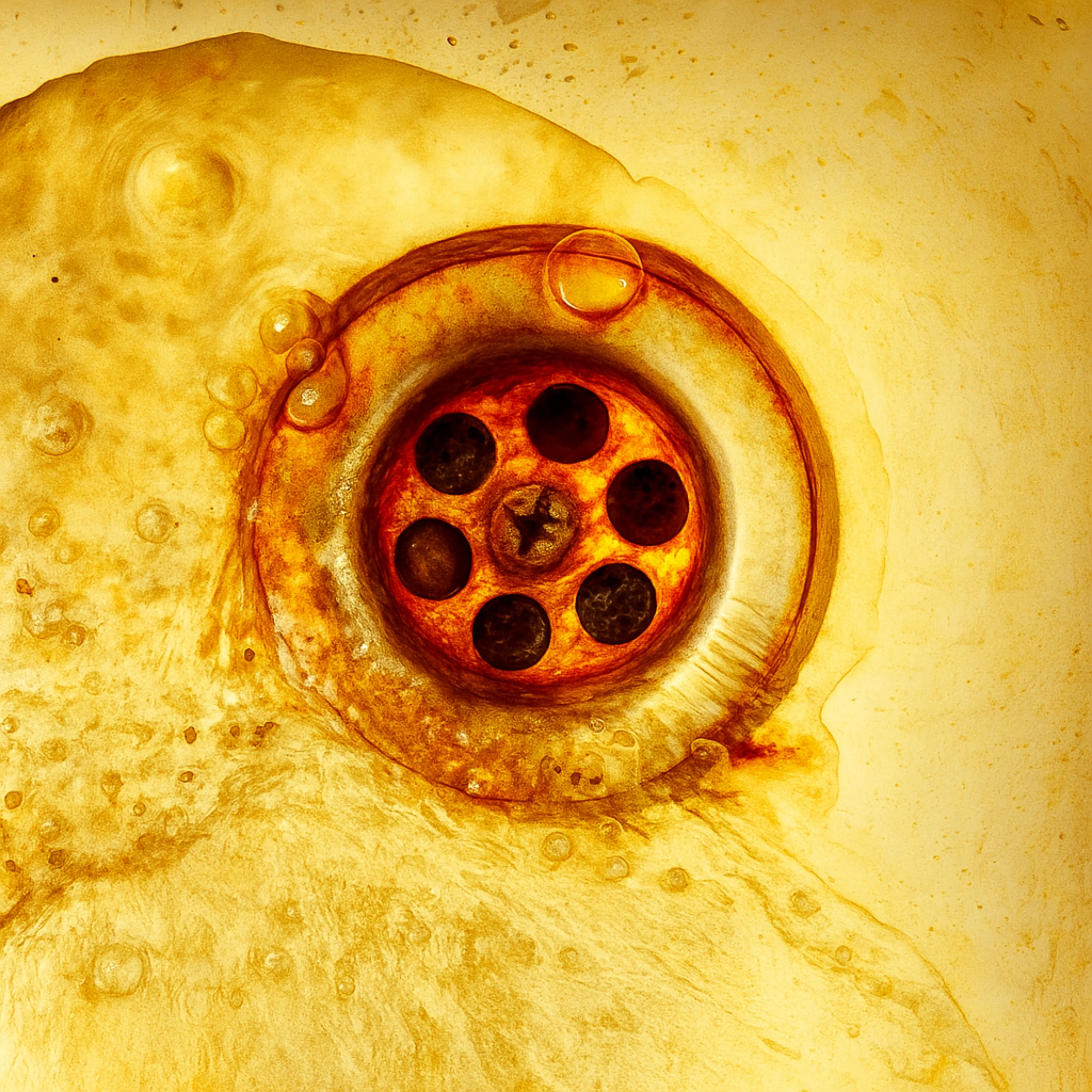
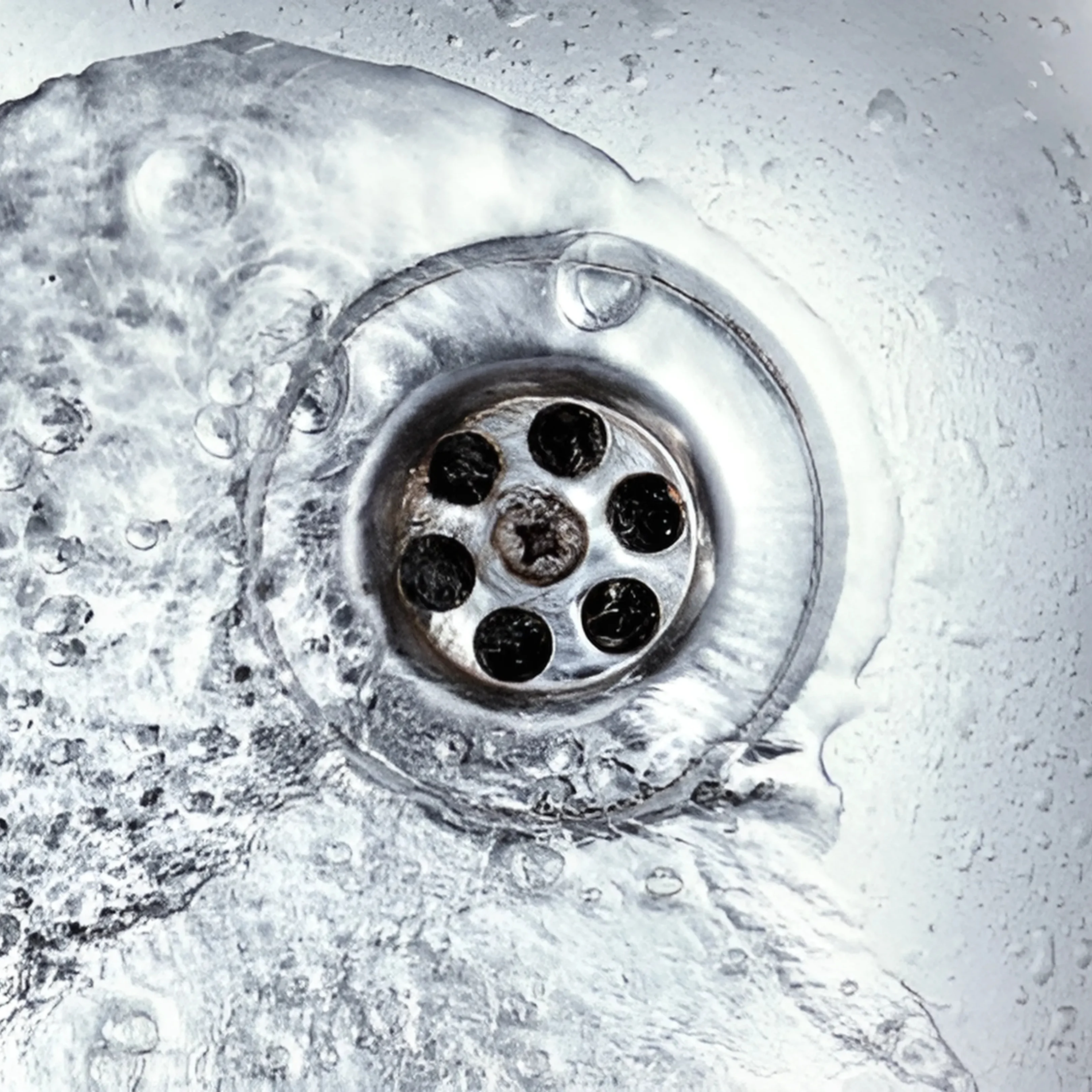
From Rusty water to Crystal water
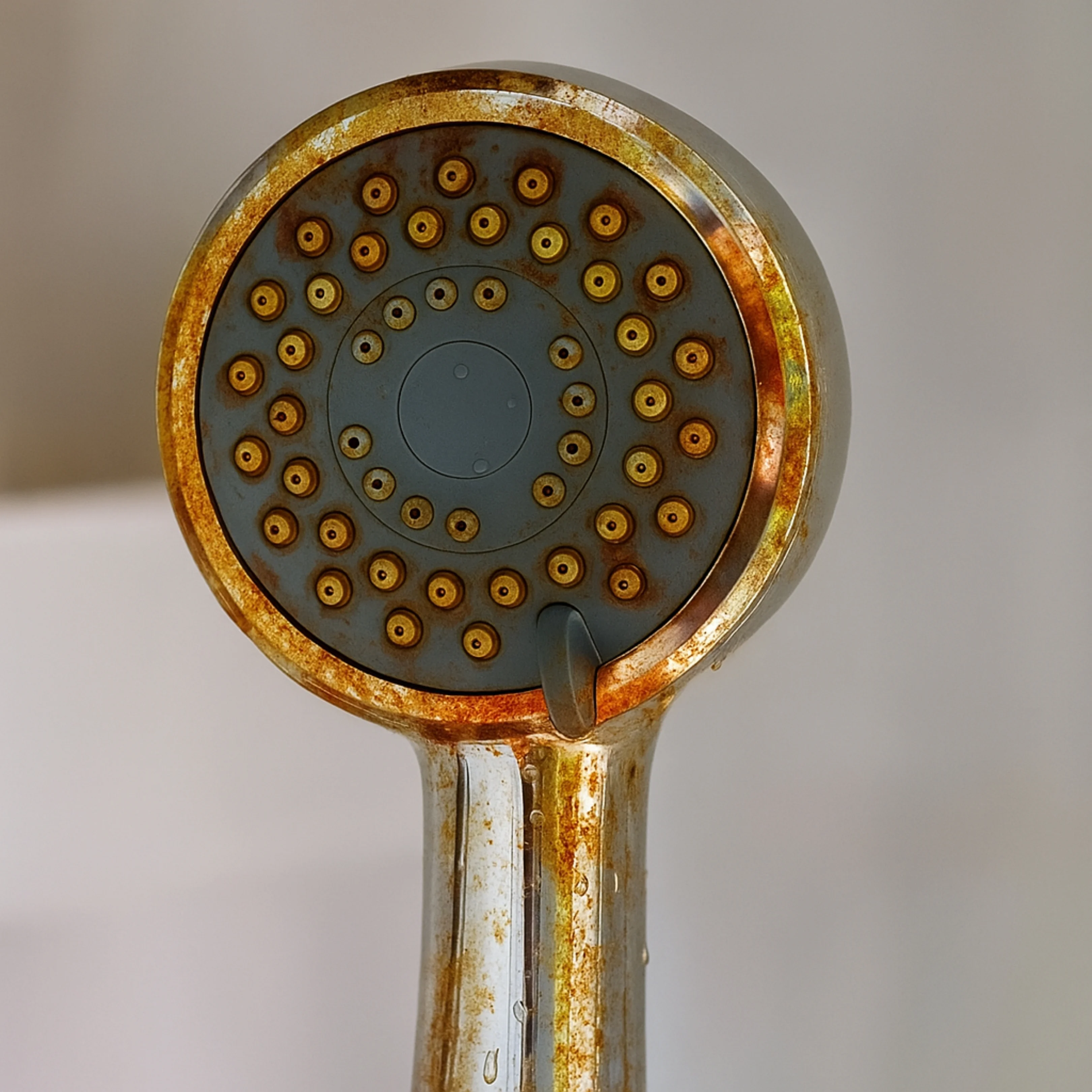
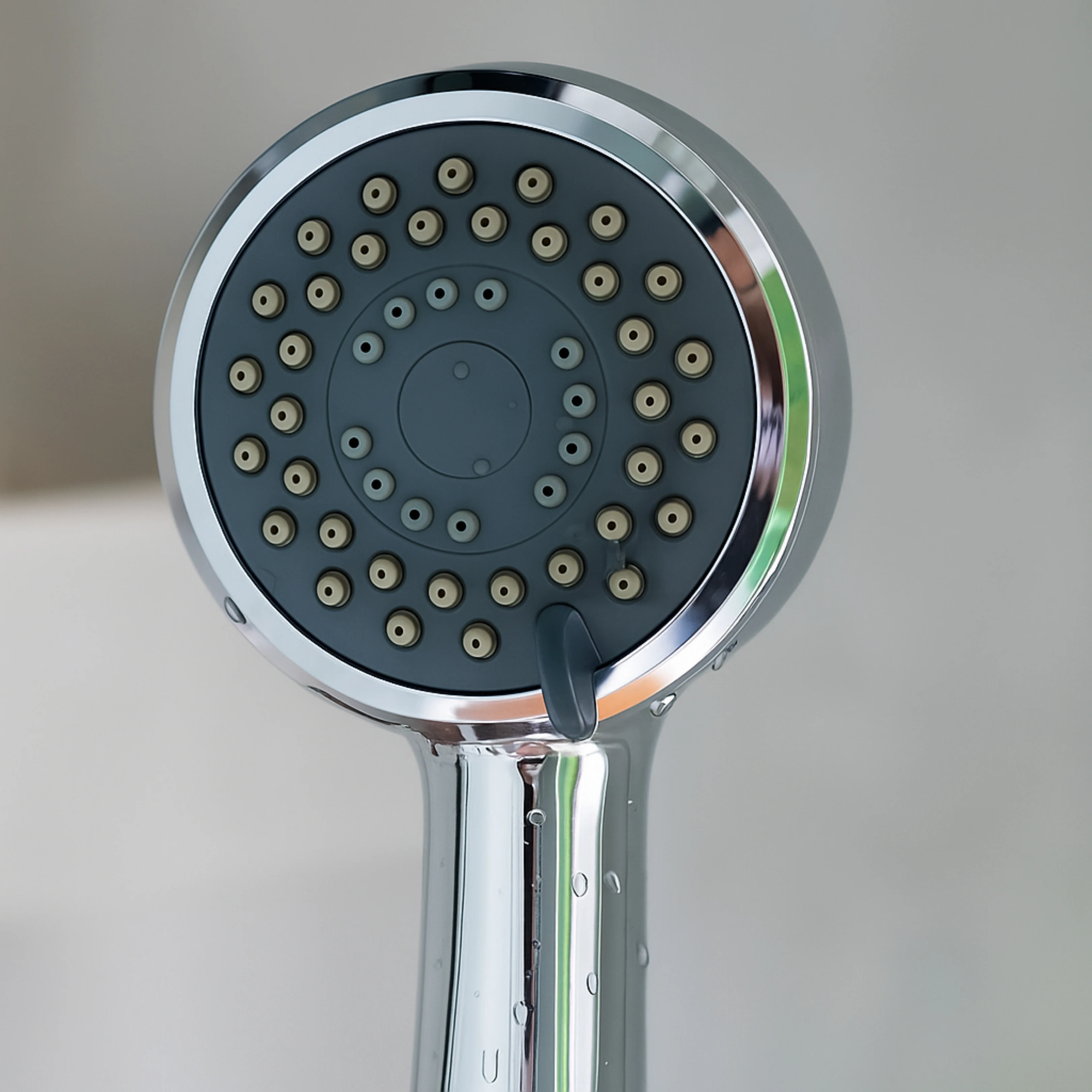
From Goodbye iron to Hello shine
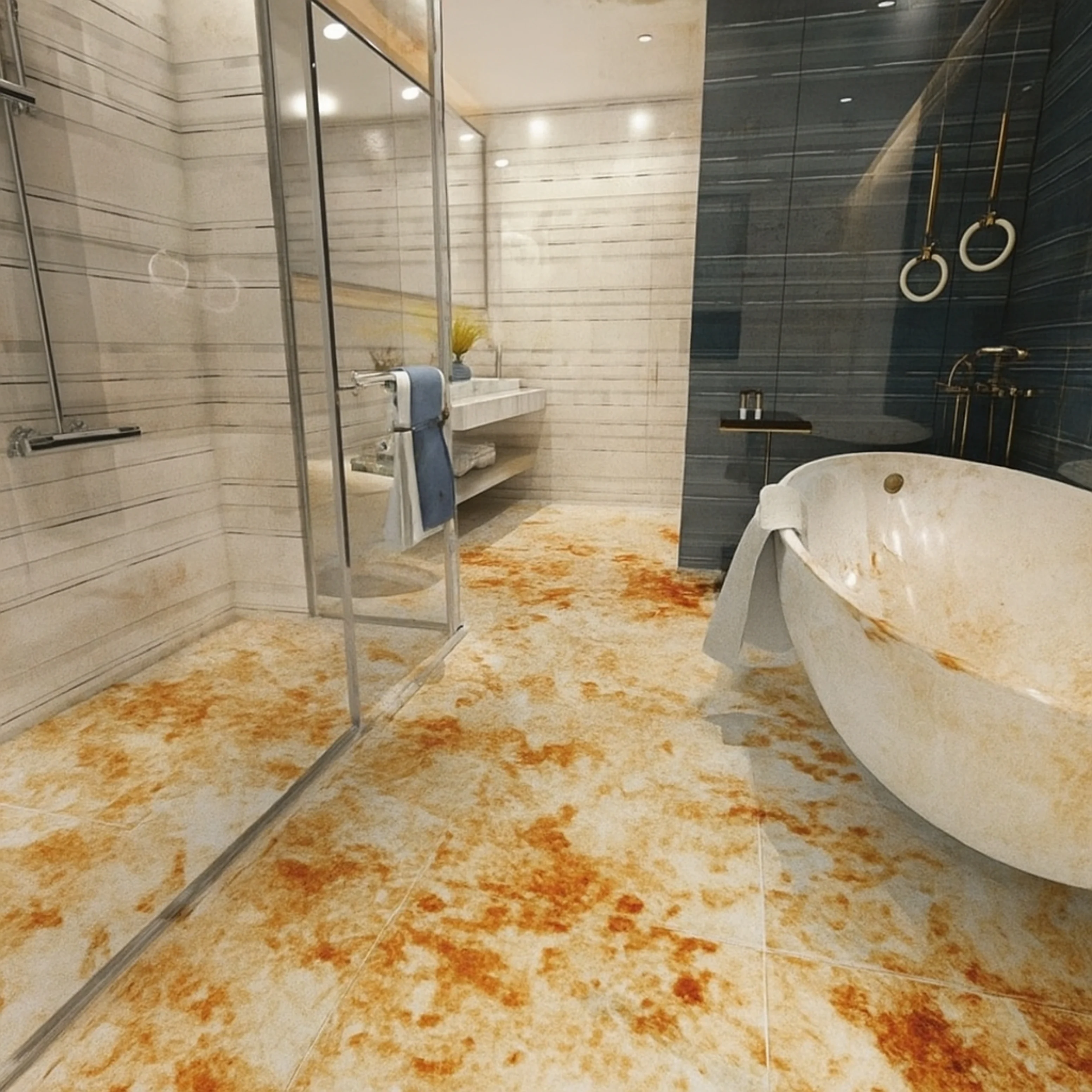
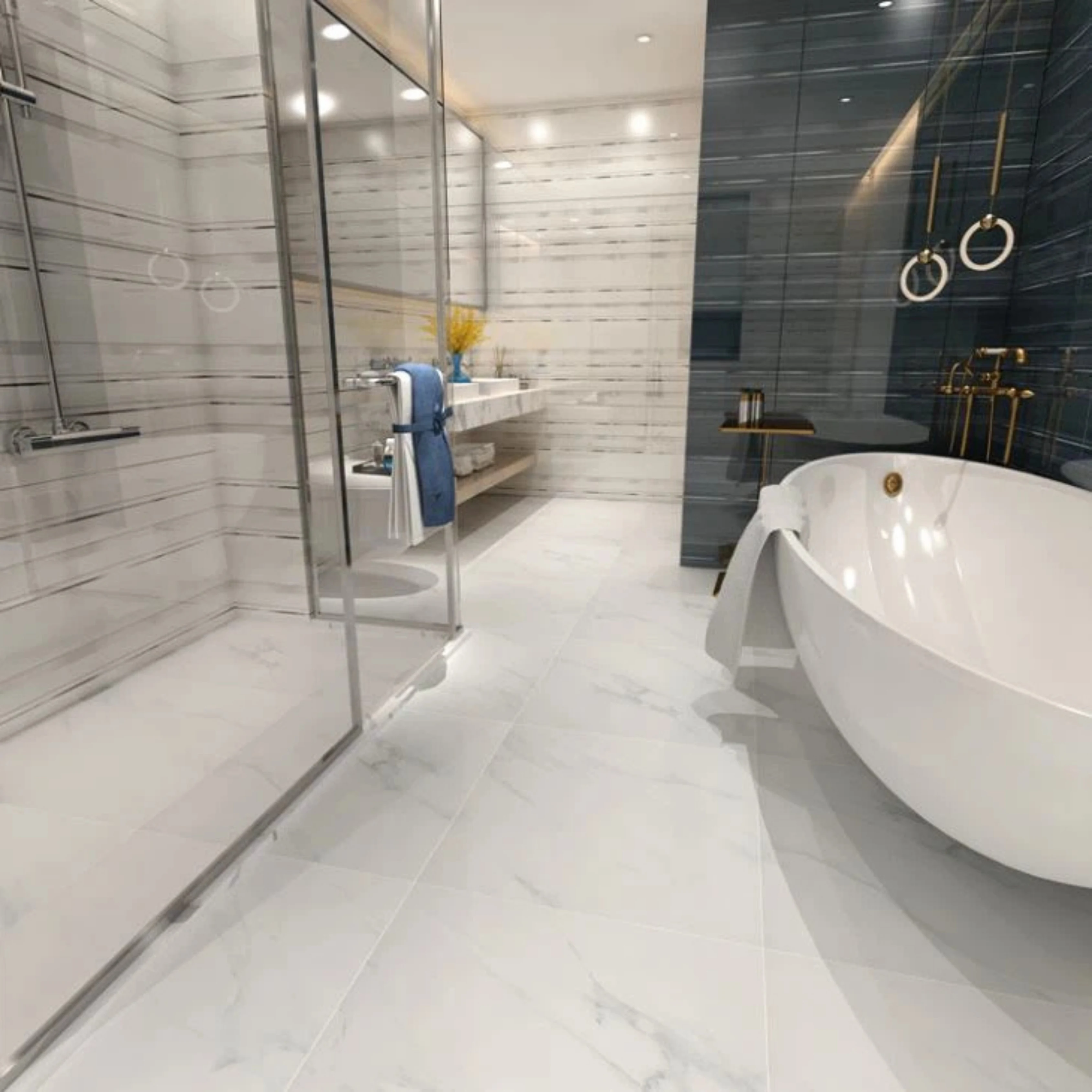
From Brown streaks to Pure white


Stains fade to Freshness stays


From Dirty to Drinkable
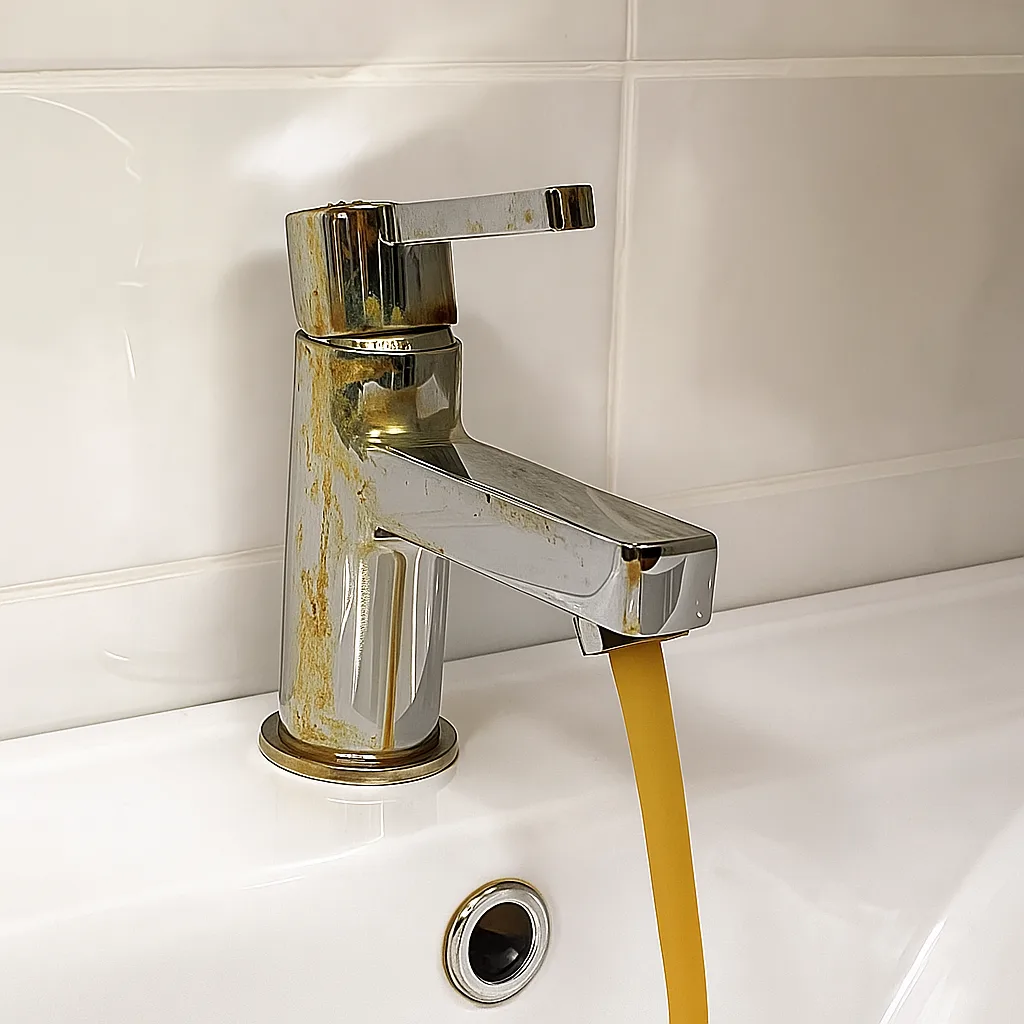
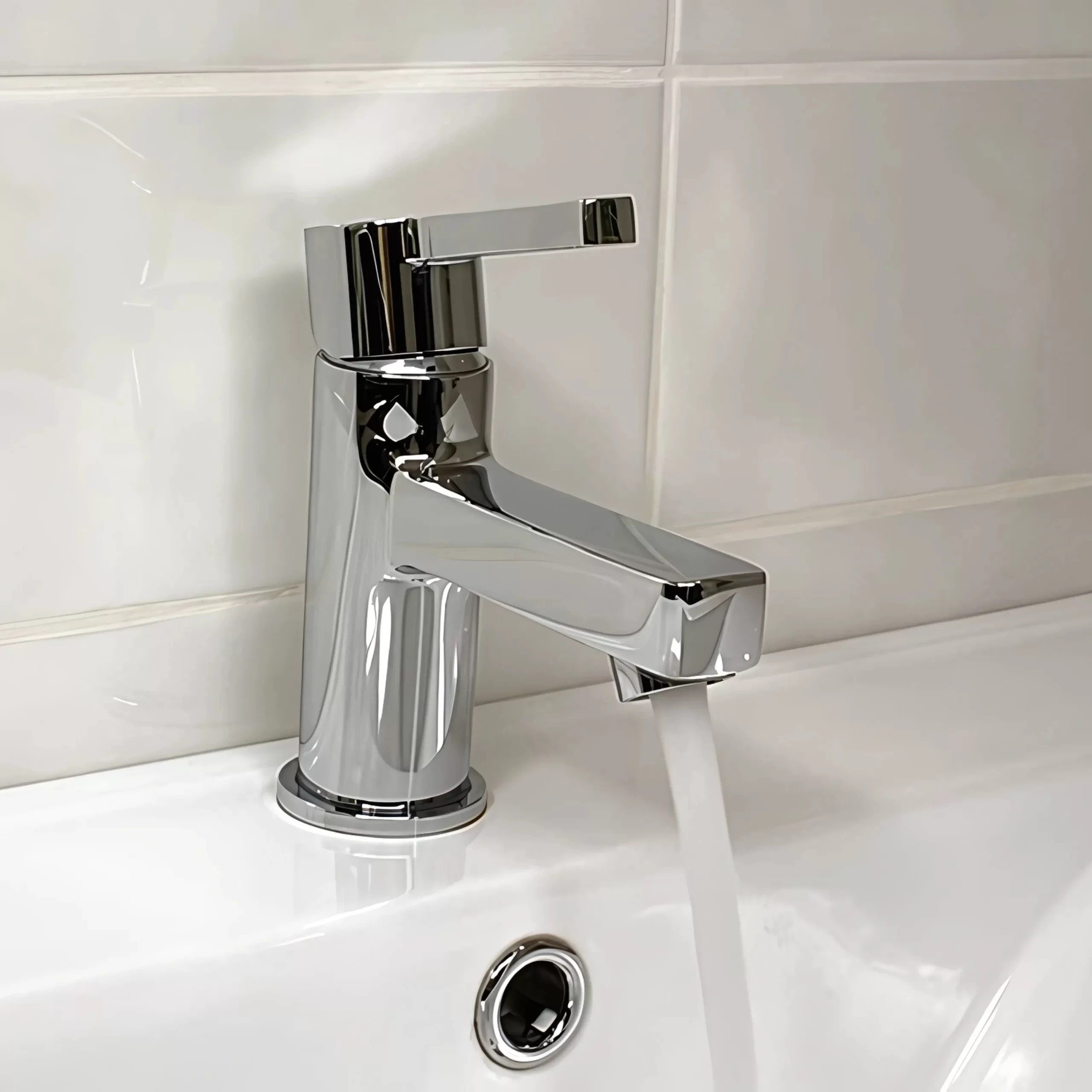
From Iron blockage to Clear passage
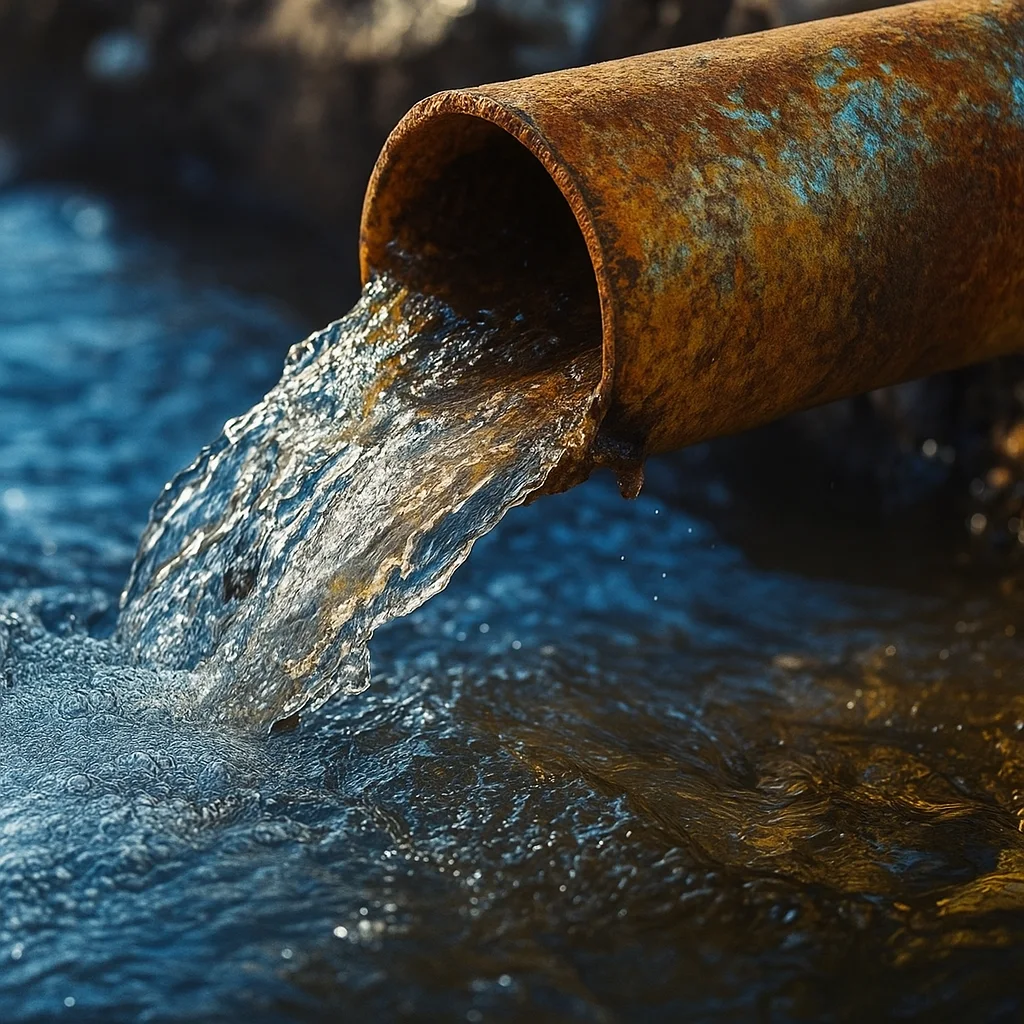
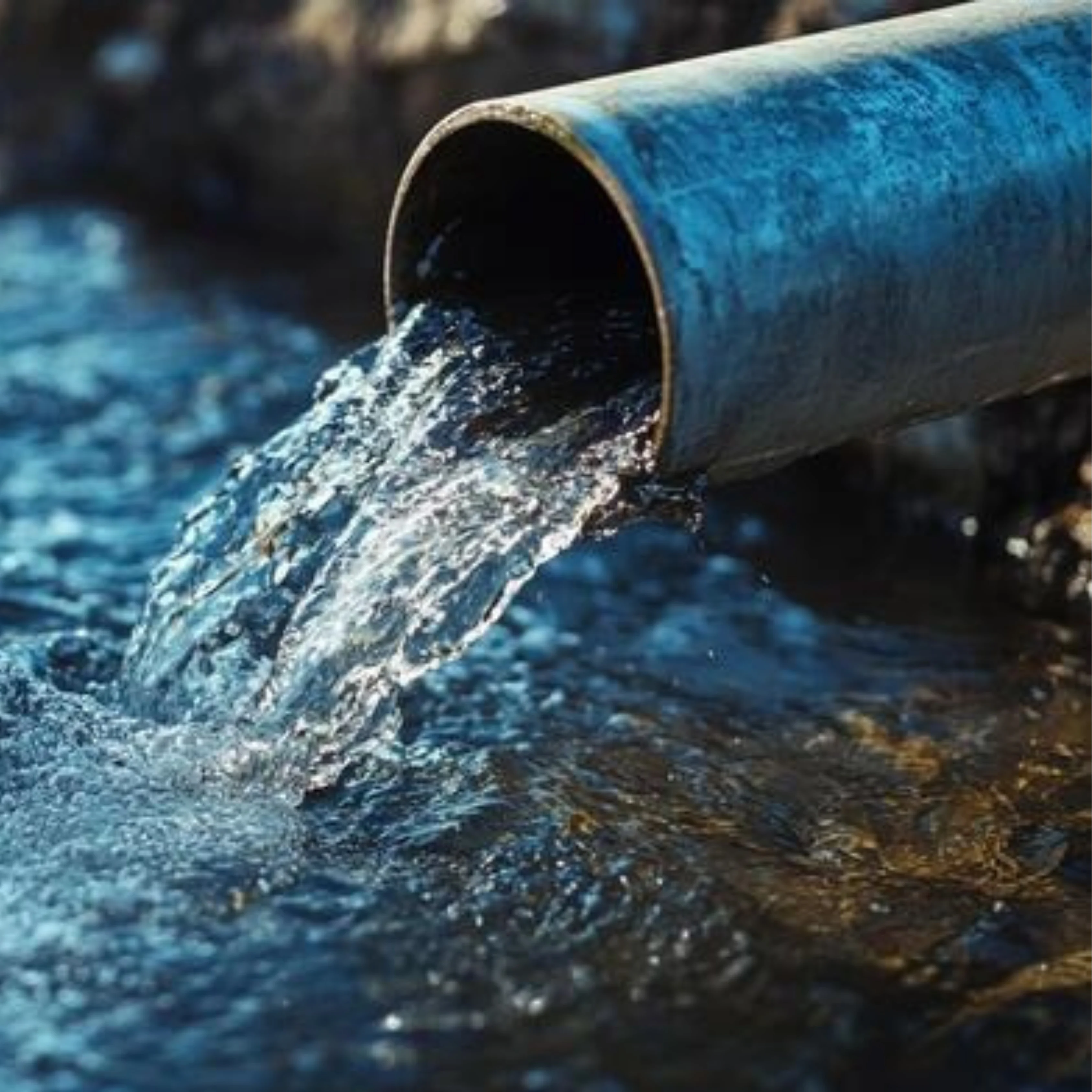
From Rust spots to Clean results
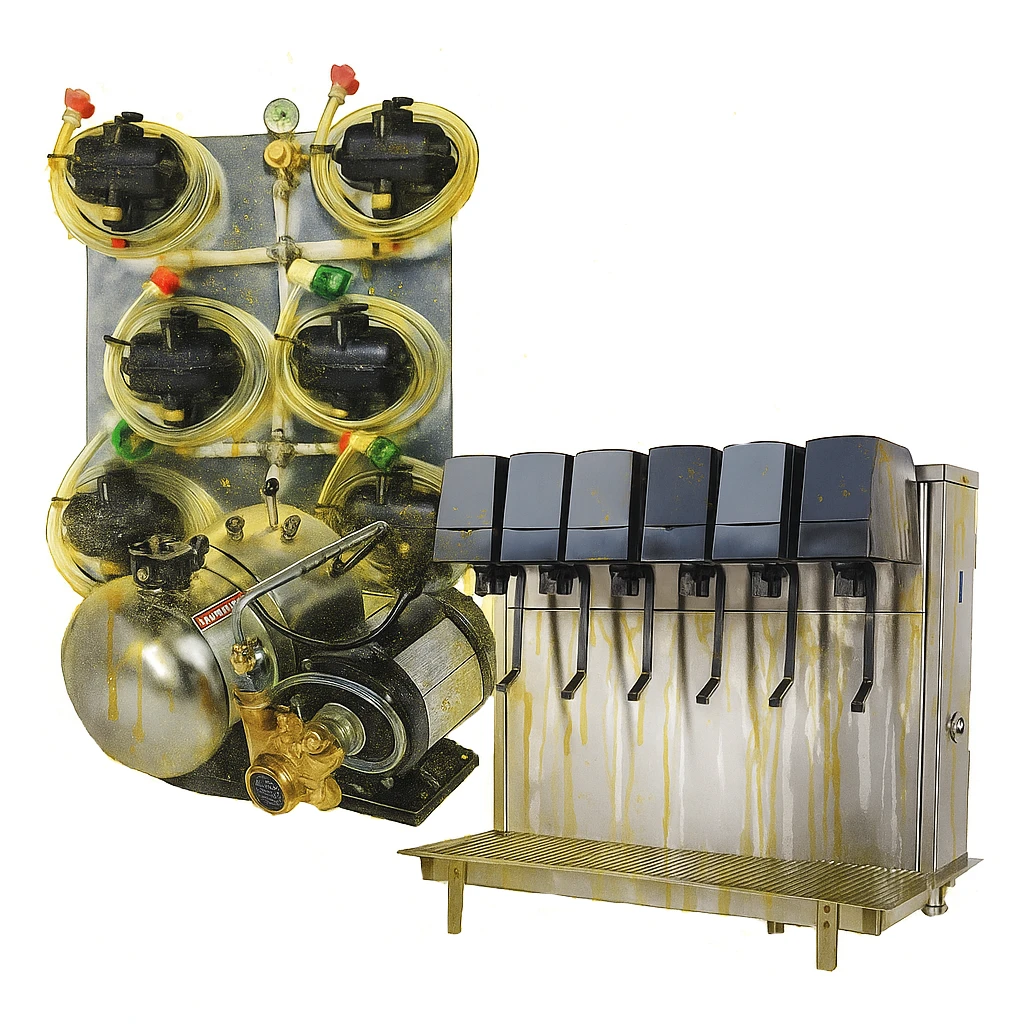
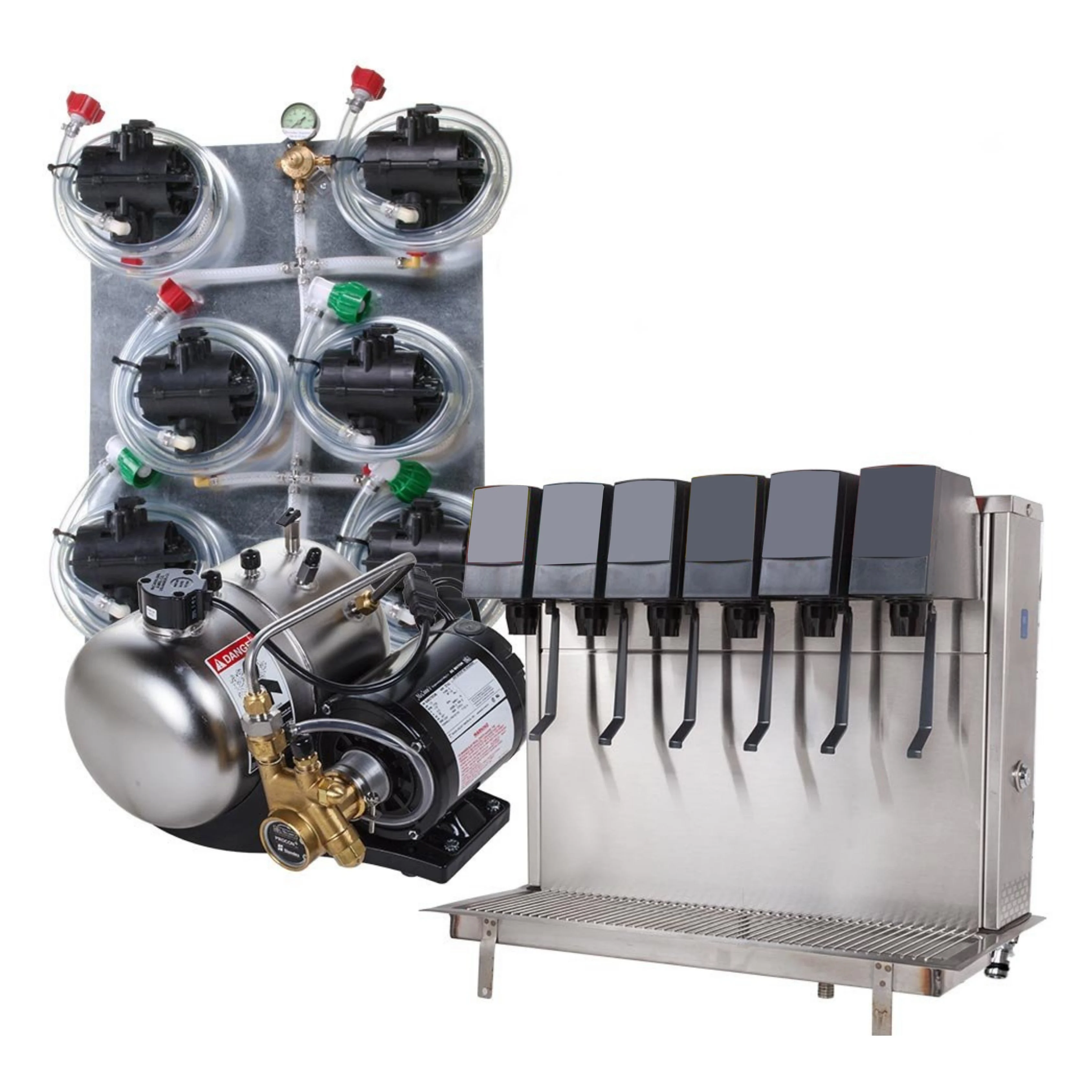
From Stains gone to Shine on
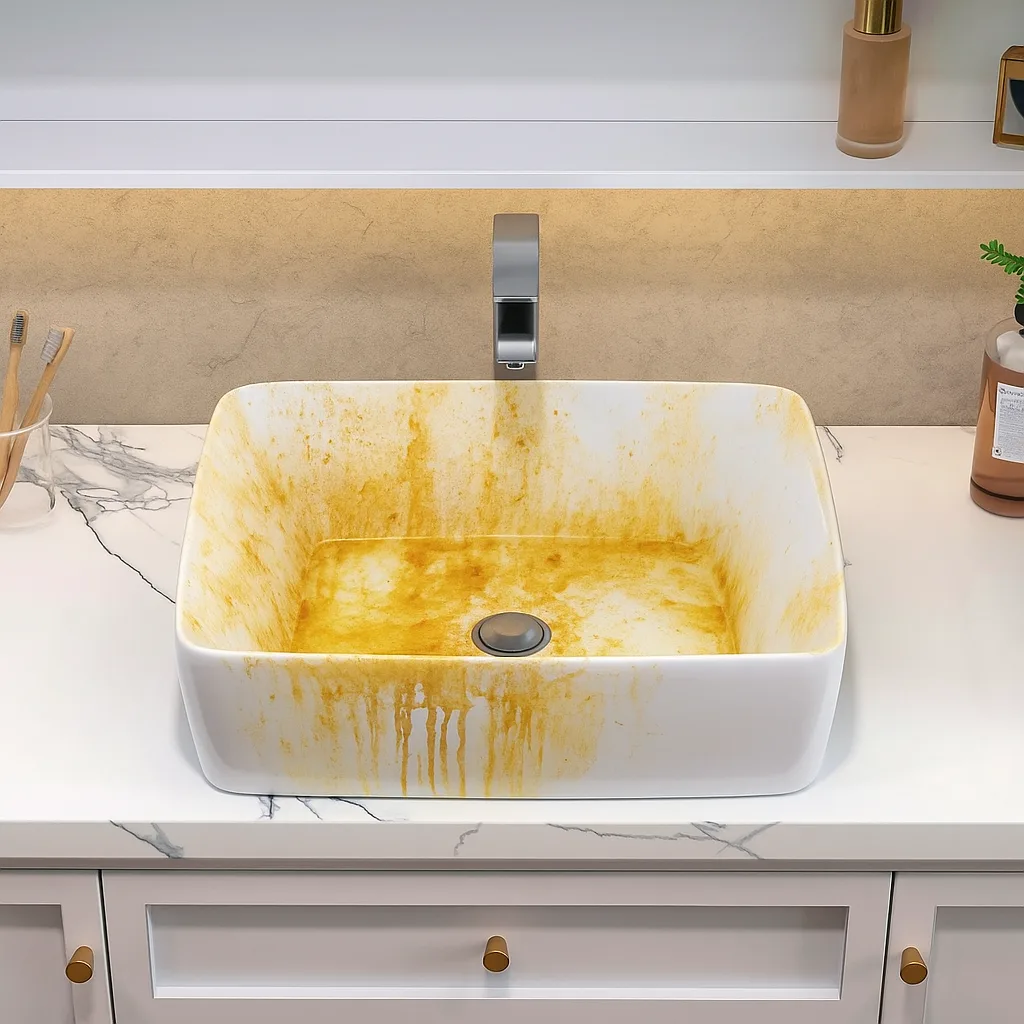
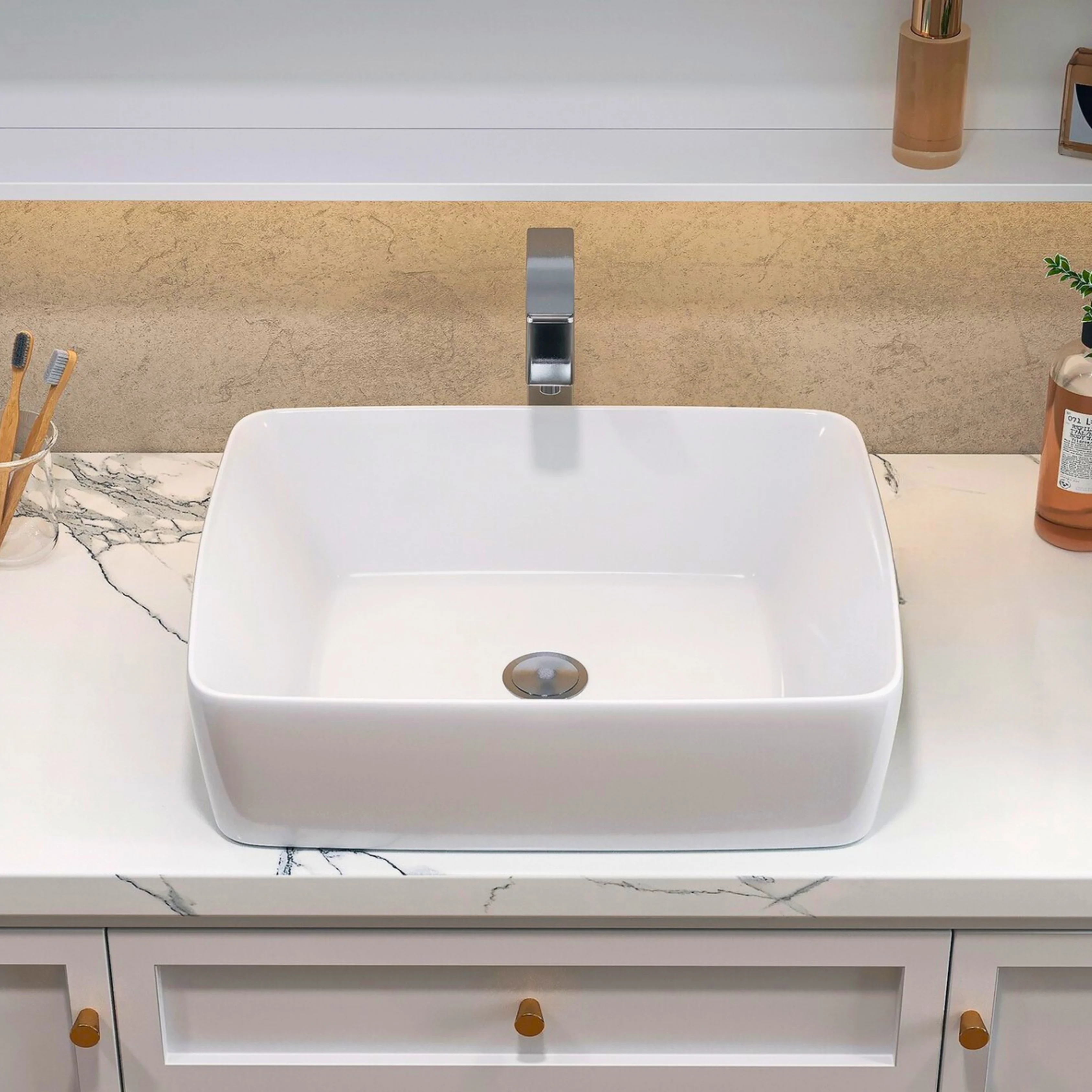
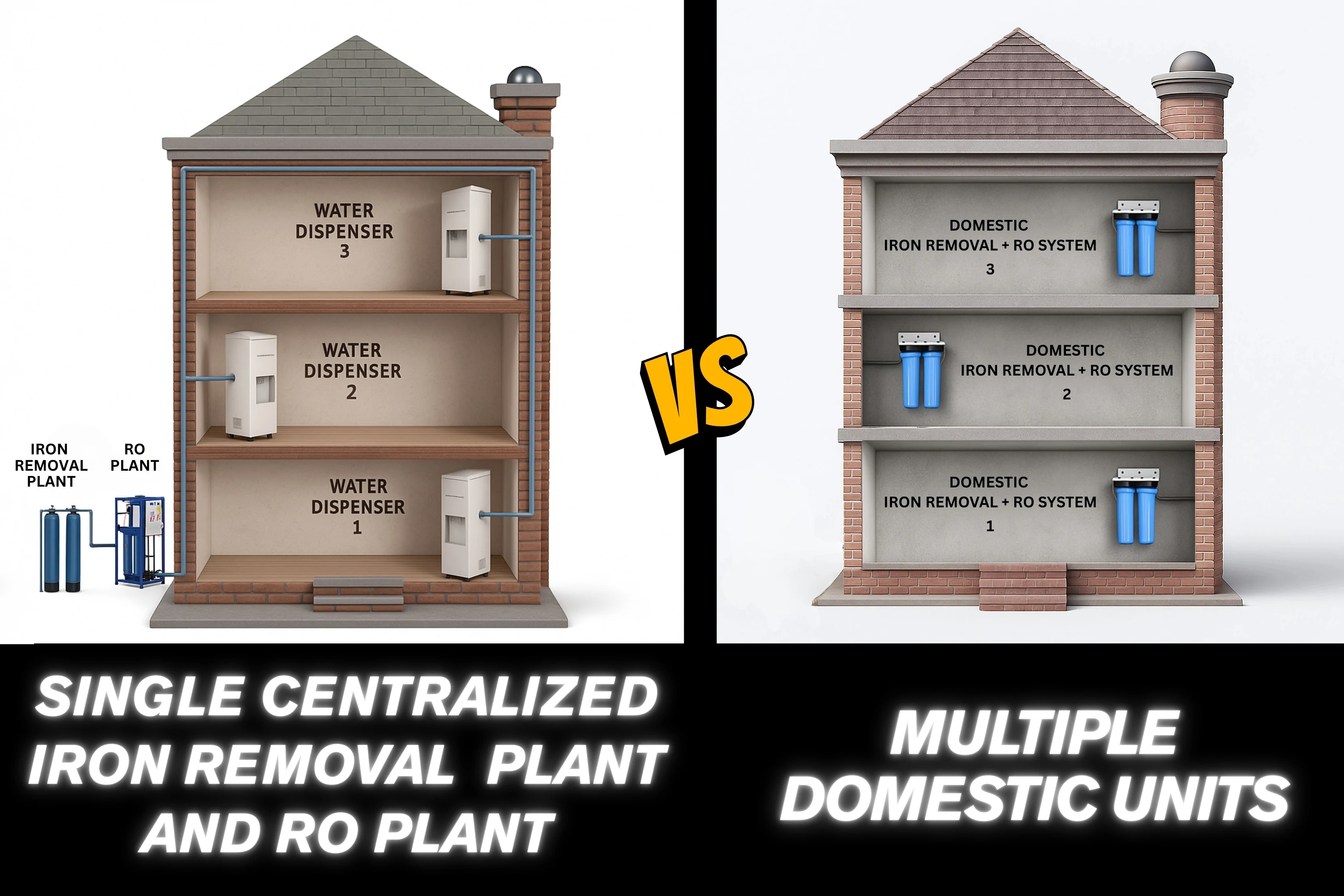
Benefits of Single Centralized Iron Removal Plant Over Multiple Domestic Units
Economies of Scale:
Single centralized Iron Removal plant serves more people efficiently, reducing purification costs and offering long-term savings.
Reduced Maintenance Costs:
Single centralized Iron Removal plant reduces maintenance costs and effort compared to multiple small units, streamlining service and upkeep.
Lower Initial Investment:
Though the upfront cost is higher, a Single centralized Iron Removal plant is more cost-effective long-term than multiple domestic units.
Reduced Energy Consumption:
A Single centralized Iron Removal plant offers better energy efficiency and lower operational costs than multiple domestic units.
Better Control and Monitoring:
Single centralized Iron Removal plant enables efficient monitoring, proactive maintenance, and better water management for long-term savings.
Longer Lifespan and Durability:
Single centralized Iron Removal plant is more durable than domestic units, built for high usage and longer lifespan, reducing replacement costs.
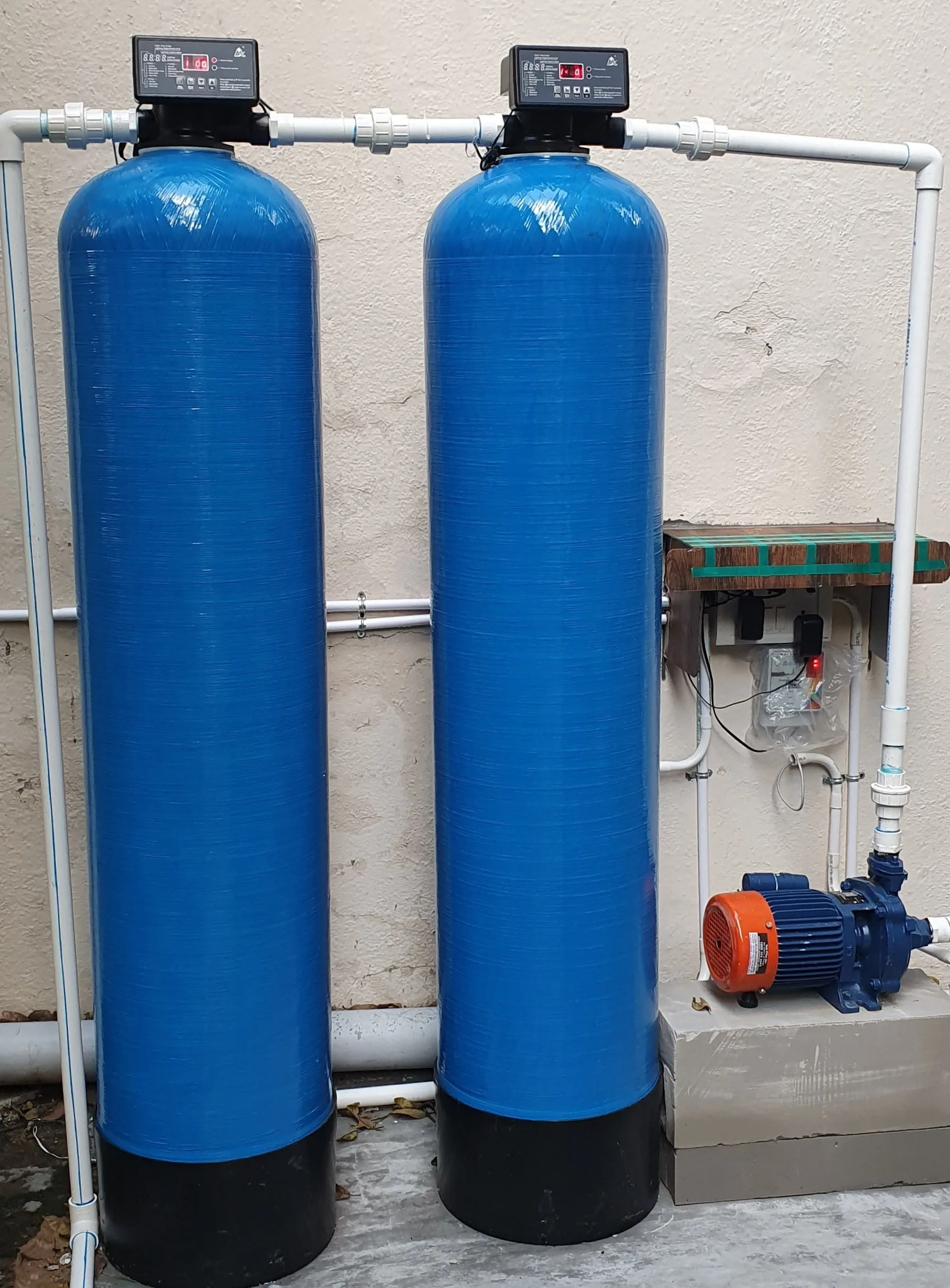
Features of Iron Removal Plant For Hotels & Restaurants
- High-Efficiency Iron Removal Media
- Dual-Stage Filtration System
- Fully Automatic & Manual Options
- High Flow Rate Design
- Effectively Removes Iron Stains
- Made for Indian Water Conditions
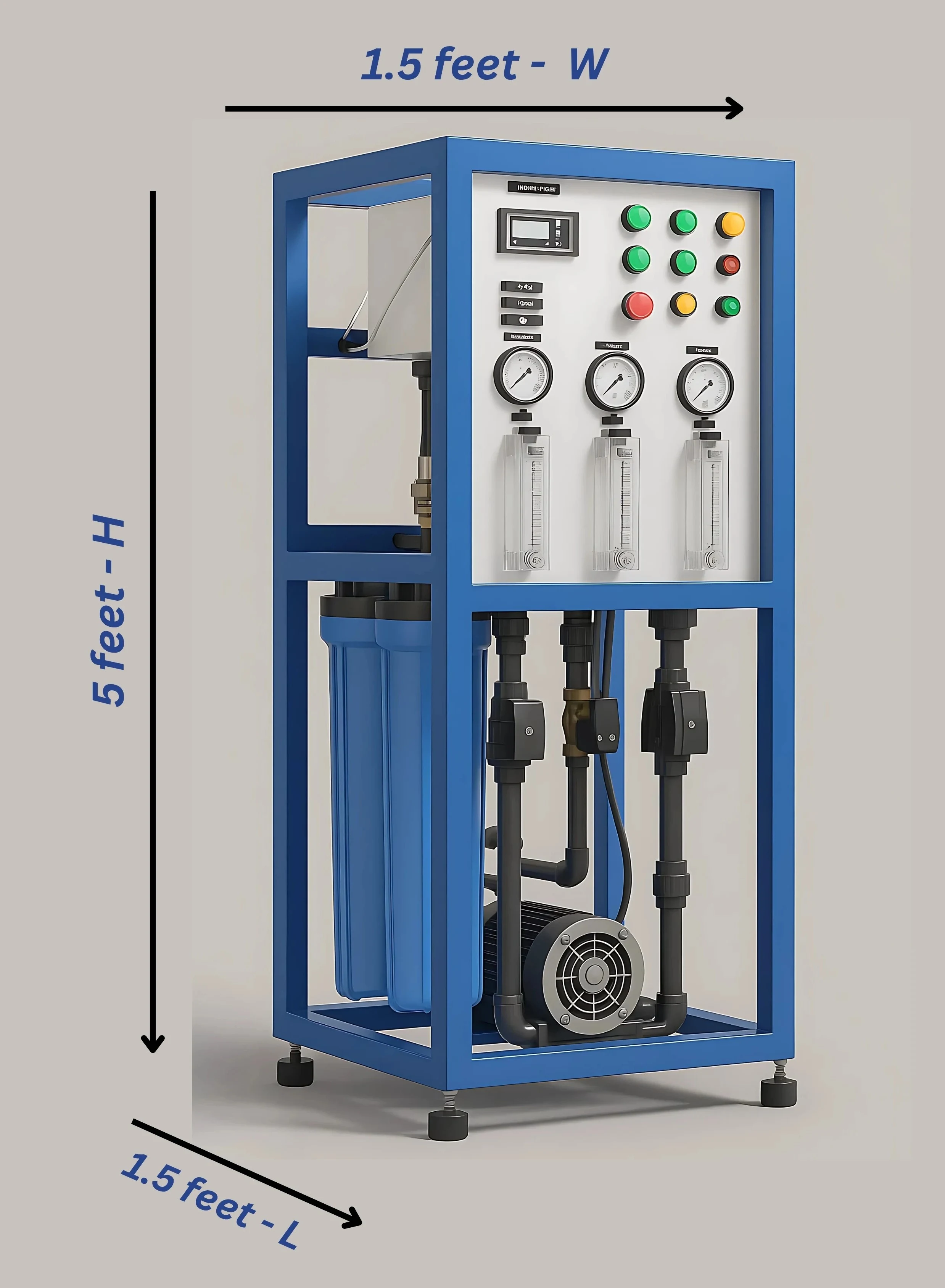
Features of RO Plant for Hotels & Restaurants
- Compact design, well suited for Hotels & Restaurants
- Designed with automatic backwash systems, so no more daily headaches
- Quick Installation and On-Call service
- Designed to work without an anti-scalant system, No chemicals needed.
- Low maintence and Zero intervention needed!
Features of Water Dispenser for Hotels & Restaurants
- Made in 304 - Stainless Steel Design
- You can Customizable upto 6 taps
- 80 Liters Storage Capacity.
- Compact Model Design
- LED Indicator
- Output - Hot, Cold, & Normal Water
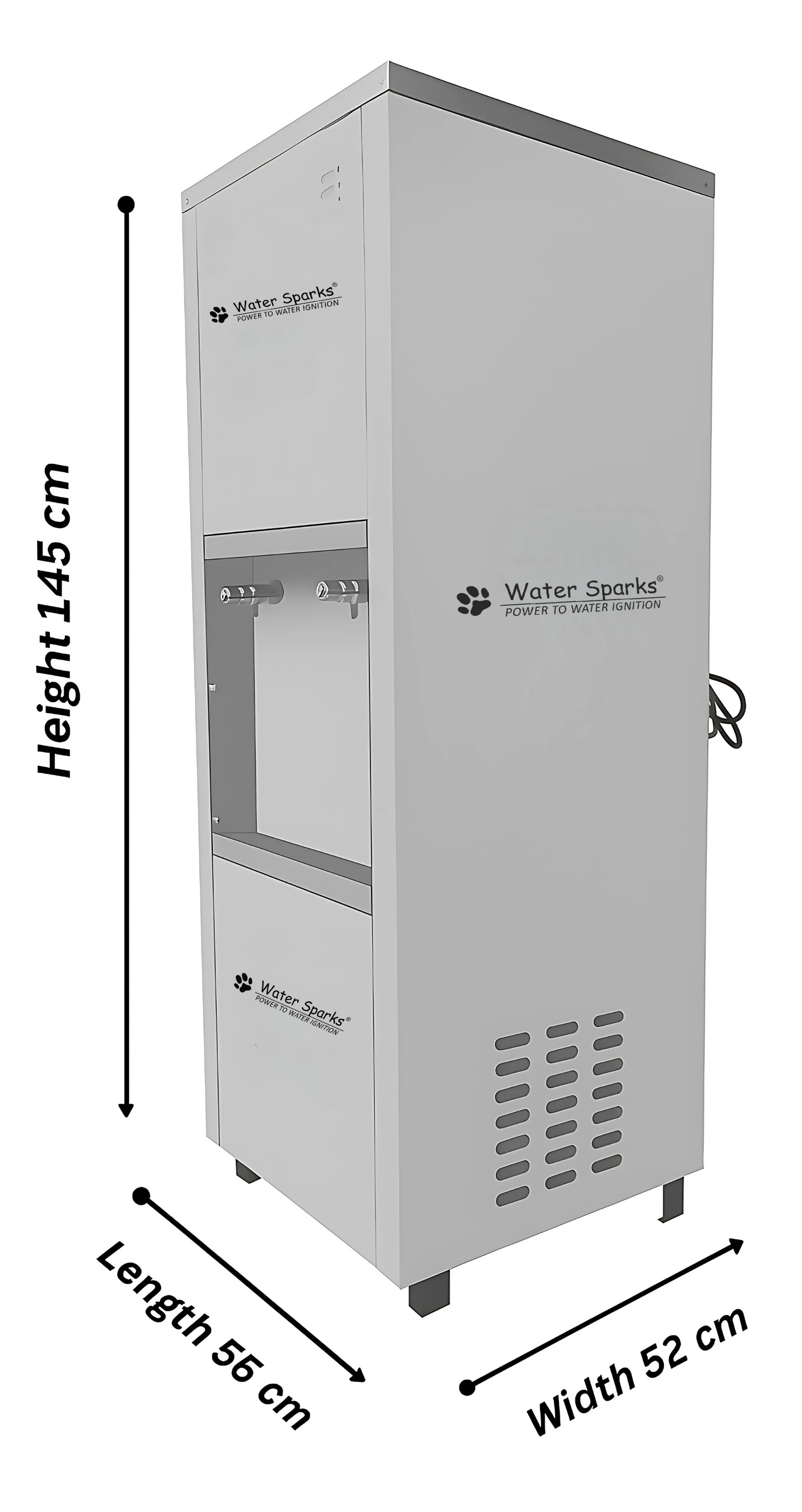
Our Watersparks Happy Family
GOODTrustindex verifies that the original source of the review is Google. Got clarity by hearing the technical briefing by you engineerPosted onTrustindex verifies that the original source of the review is Google. Water sparks have provided apt consultation w.r.t to my water problem. Mr Faarish has very patiently explained the pros and cons. His advice has definitely made us make the right choices. Thank you very much.Posted onTrustindex verifies that the original source of the review is Google. I interacted with the staff member, Mr. Faarish, who provided an excellent response and clear explanation. His service was professional and courteous, and I am really satisfied with the overall experience.Posted onTrustindex verifies that the original source of the review is Google. I had been planning to install water tank filters and approached Mr. Faarish for advice. Instead of rushing into the installation, he recommended conducting a proper water quality report first. Based on the results, it turned out that the filters were not necessary for my specific situation. This guidance saved me a significant amount of money. Mr. Faarish was honest, knowledgeable, and genuinely focused on my best interest rather than just making a sale. I truly appreciate his professional support and integrity. It’s rare to find someone so trustworthy in this field — highly recommended!Posted onTrustindex verifies that the original source of the review is Google. We were already using a water softener system which involves lot of manual work to operate rotate the Knob to wash it with salt and it requires frequent Softener Resine change every year We had to spend atleast 12k and the reason task is to follow up the person to change the media, so we looked into Water Sparks product while we search online and we had installed their Fully Automatic Water Softener Plant and Fully Automatic Filtration System, where the manual work is no more. Only work is we have to add Rock salt every 7 days or 10 days once, the water is better now. And we are never nearing the water plant to do the cleaning work which is really hassle free for us. Definitely we received a good support and post installation we had doubts to cope up with the system and we got a clear explanation for all our queries. Thanks team for your support and patience will recommend the product to my friends and if anybody reading this review have a call with their Experts to have a consultation.
Hotels & Restaurants Iron Removal Plant - Actual Project Installation
Checklist to install Centralized Iron Removal Plant for Hotels and Restaurants
- Assess water quality
- Choose the right Iron removal system
- Find installation location
- Gather necessary equipment
- Install pre-filters
- Connect the Iron removal plant
- Install post-filters and storage tank
- Connect the drain line
- Check for leaks and test the system
- Maintenance and servicing
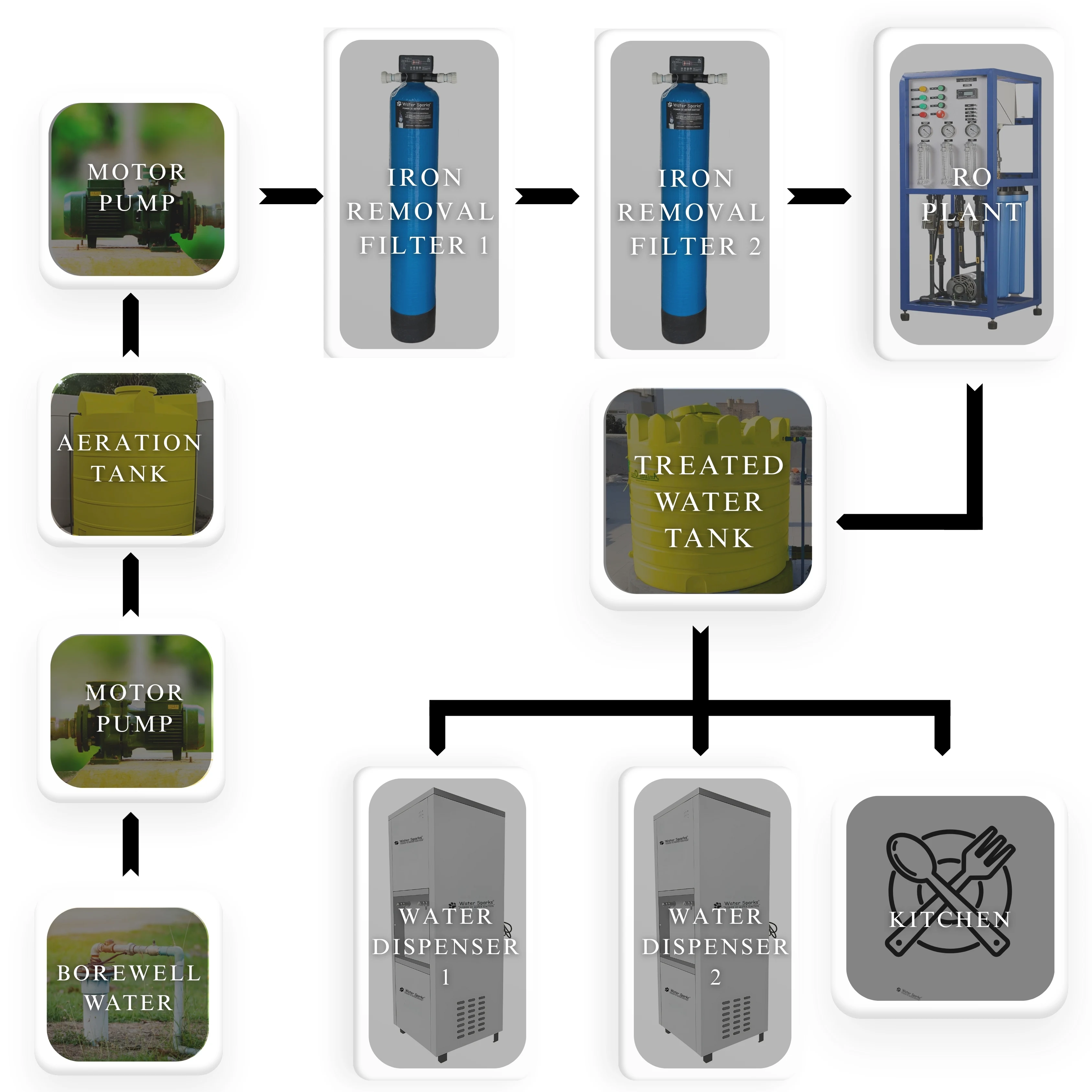
FAQ - Iron Removal Plant For Hotel & Restaurants
Why do hotels and restaurants need an iron removal plant?
Hotels and restaurants rely heavily on water for cooking, cleaning, laundry, and guest services. High iron content in water can cause reddish stains on laundry and fixtures, affect the taste of food and beverages, and damage kitchen equipment. An iron removal plant ensures clean, clear, and iron-free water for smooth operations and better customer experience.
What problems can high iron in water cause in commercial kitchens and laundry?
Excess iron can lead to:
Rusty stains on sinks, toilets, bathtubs, and laundry.
Unpleasant metallic taste in drinking water, tea, coffee, and ice.
Clogging in pipelines, dishwashers, and boilers.
Reduced efficiency and lifespan of kitchen equipment.
How does an iron removal plant work?
Iron removal plants use filtration media and oxidation processes to convert dissolved iron into solid particles, which are then filtered out. Depending on water quality, the system may use aeration, pressure filtration, or manganese dioxide media to ensure complete removal of iron and manganese.
Can the system handle large water requirements of hotels and restaurants?
Yes. Commercial-grade iron removal plants are designed to process high volumes of water continuously, ensuring uninterrupted supply for kitchen, laundry, and guest needs.
Will it also remove the metallic taste from water?
Absolutely. By removing dissolved iron and other contaminants, the plant eliminates metallic taste, resulting in fresh, clean water suitable for cooking and beverages.
How often should the iron removal plant be serviced?
Regular maintenance is recommended every 3–6 months, depending on water usage and iron levels. This ensures optimal filtration efficiency and prevents system clogging.
Is installation possible without disrupting hotel or restaurant operations?
Yes. Our team installs and commissions the system with minimal downtime, ensuring your business runs smoothly during the process.
Does it remove other contaminants apart from iron?
Depending on the design, the system can also reduce manganese, turbidity, and suspended solids. Additional treatment stages can be added for bacteria, hardness, or high TDS if required.
How can we choose the right capacity for our hotel or restaurant?
Capacity selection depends on the number of rooms, kitchen size, water usage, and existing iron levels. A professional water test followed by site evaluation helps determine the right model for your needs.
Read More
Iron Removal Plant for Hotels and Restaurants
Water quality is vital in the hospitality sector. Hotels and restaurants rely on clean, safe, and high-quality water for cooking, cleaning, and providing services to their guests. One of the most frequent problems in urban and semi-urban areas, however, is high iron content in water. High levels of iron can cause reddish stains on bathrooms, laundry, utensils, and even alter the taste of food and beverages. To address this, businesses rely on an iron removal plant specially designed for the hospitality sector.
An iron removal plant for hotels ensures spotless laundry, rust-free bathrooms, and safe drinking water for guests. Restaurants, however, rely on pure water to preserve natural flavors in dishes and drinks. If a hotel lacks a suitable iron removal water treatment facility, visitors often complain about a metallic taste in the hotel’s drinking water, which can adversely impact reviews and reputation.
Nowadays, various options are available for hospitality companies, including automatic iron removal plants for hotels, mini iron removal plants for restaurants, and even centralised iron removal plants for a restaurant. All of these work on different purposes based on scale, budget, and infrastructure.
For facilities with repeat complaints, it is most dependable to invest in advanced water treatment for iron removal. Such systems benefit the taste of potable water and also decrease the maintenance requirements for plumbing and kitchen apparatus. Whether it is a boutique restaurant or a luxury hotel, adopting a water iron removal plant ensures consistency in service quality. Trusted providers, such as an experienced iron removal plant manufacturer in Chennai, customize these solutions for the unique requirements of the hospitality industry.
Another benefit is that these systems can address both aesthetic and health concerns. Installing an iron removal water plant ensures safe water for cooking and serving, as well as removing stains from crockery and linens. Hotels that seek all-around coverage tend to install a centralized iron removal plant for hotel use, which supplies clean water throughout guest rooms, kitchens, laundries, and recreational facilities. Pairing such a setup with a robust iron removal filter adds another layer of protection, ensuring guests never have to deal with complaints about metallic aftertastes or visible staining. [1]
Restaurants, in particular, gain a competitive advantage with the implementation of dedicated systems, such as the restaurant iron water treatment system. Small spaces are also able to benefit by installing a small iron removal plant for a restaurant that is optimized for efficiency but takes minimal floor space.
Large chains tend to install a centralized iron removal plant for restaurants, enabling them to have the same high quality of water across outlets. In either instance, these systems directly assist in eliminating the rusty taste from water in restaurants and hotels, providing a healthier and more pleasant dining and accommodation experience.
Hotels and restaurants that invest in an iron removal plant also see long-term financial benefits. By preventing the accumulation of rust in pipelines, geysers, and dishwashers, these systems significantly reduce repair and replacement costs. Reduced staining on fabrics and linens further helps lower laundry expenses, adding to operational savings.
Customer trust is another key advantage. Guests who experience clean bathrooms, spotless crockery, and great-tasting water are more likely to leave positive reviews and become repeat customers. In the hospitality industry, such experiences directly translate into stronger brand reputation and higher occupancy rates.
Ultimately, installing an iron removal water treatment plant demonstrates a business’s commitment to quality and hygiene. With increasing expectations in the hospitality industry, water quality is not only an issue on the back-end but also an integral part of the entire guest experience. By successfully combating iron contamination, hotels and restaurants can differentiate themselves from their competitors and consistently provide excellence.
How Does an Iron Removal Plant for Hotels and Restaurants Work?
Iron removal in Chennai or in any city usually involves oxidizing dissolved iron into insoluble particles that are filtered out. The process begins with aeration or chemical oxidation, then filtration using proprietary media. An iron removal filter removes the oxidized iron, resulting in clear and safe water.
A water iron removal plant is installed in major hospitality properties to supply greater water consumption in several kitchens, laundries, and guest rooms. This makes clean water available not only for drinking purposes but also for food preparation and housekeeping.
Sophisticated units such as an automated iron removal plant for restaurants employ programmable controllers and sensors to analyze water quality and automatically execute the cleaning process. Small restaurants that have limited space prefer a small system, but bigger places use a centralized iron removal plant for restaurants for consistent supply.
Whether you choose an iron removal water plant or a fully integrated iron removal water treatment plant, the primary goal remains the same: to provide clean water without metallic taste, unpleasant odor, or staining issues.
Hotels that struggle with a rusty taste in hotel drinking water often discover that the source lies in untreated groundwater or corroded pipelines.Applying a high-grade iron removal system and an iron removal filter removes metallic aftertastes, safeguards cooking appliances, and improves food safety levels. For restaurant chains with multiple branches, purchasing a central iron removal plant ensures all outlets have the same level of water quality. This has the dual advantage of enhancing customer satisfaction as well as minimizing operating costs related to equipment maintenance and cleaning.
Collaboration with a credible iron removal plant factory ensures that hotels and restaurants receive systems designed to last and perform efficiently. A new iron removal water treatment plant not only solves the iron problem but also associated impurities for maximum water quality. From addressing iron removal from water to providing automated and centralized solutions, these systems are essential for companies that value guest satisfaction. A properly designed iron removal water plant provides consistent results, allowing hotels and restaurants to maintain excellence without interruptions caused by water quality problems.
Regular maintenance and timely servicing of iron removal plants further enhance system longevity. Hotels and restaurants that partner with trusted providers benefit from scheduled inspections, filter media replacement, and system calibration, which ensure uninterrupted operation and consistent water quality. Preventive care also reduces the chances of sudden breakdowns that could affect day-to-day operations. [2]
Another important factor is customization. Every property has its own distinct water sources, usage, and facilities. With the selection of a customized iron removal water treatment facility, companies are able to achieve optimized performance at reasonable prices. Be it a restaurant or a resort, having custom systems means that efficiency and affordability are appropriately balanced.
Finally, with the acquisition of a high-performance iron removal water plant, it becomes sustainable as well. By preventing water wastage and avoiding the use of aggressive chemical cleaning agents, such systems ensure environmentally friendly operations. This is in line with the increasing demand for sustainability within the hospitality industry, allowing hotels and restaurants to adhere to both customer expectations and environmental duties.
The rising demand for water treatment solutions with iron removal capabilities in South India underscores the importance of these solutions for both hotels and restaurants. Today’s systems are not only intended to eliminate rusty taste from water in hotels but also to extend the longevity of plumbing systems and kitchen appliances. Hospitality companies can ensure long-term cost savings and excellent guest satisfaction by implementing the proper iron removal system.
An expert iron removal plant manufacturer in Chennai offers complete consultation, installation, and maintenance support for businesses of all scales. Whether a property requires a Centralized iron removal plant for restaurants or an Automatic iron removal plant for hotels, providers ensure that every system is optimized for local water conditions. This approach guarantees that iron removal from water is consistent and reliable across all applications.
Today’s premium properties also prefer flexible solutions like the Compact iron removal plant for a restaurant for smaller outlets or a Centralized iron removal plant for hotel use to cover larger facilities. With these systems, establishments never have to worry about rusty taste in hotel drinking water, operational disruptions, or guest complaints. Choosing an advanced iron removal water treatment plant in Chennai ensures that businesses remain competitive and aligned with the highest hospitality standards.
Why is an Iron Removal Plant for Restaurants Important?
The restaurant industry thrives on the quality of food and beverages served. Unfortunately, iron contamination can completely alter flavors. For example, soups, teas, or coffees prepared with untreated water often develop an odd metallic aftertaste. To avoid this, businesses install a restaurant iron water treatment system designed to remove both soluble and insoluble forms of iron.
Another critical factor is hygiene. Iron-contaminated water leaves brown stains on plates, glasses, and utensils. Through the use of a compact iron removal water plant in a restaurant, business owners can maintain immaculate presentation standards. For big establishments or chain stores, the purchase of a centralized iron removal plant for restaurants guarantees uniformity across branches.
Moreover, an iron removal plant for hotels and restaurants reduces long-term maintenance costs by preventing rust buildup in pipelines, dishwashers, and boilers. Consulting a trusted iron removal plant manufacturer is key to installing the right system that ensures both safety and efficiency.
When hotels face issues with a rusty taste in hotel drinking water, guest satisfaction is at risk. To solve this, many hospitality properties choose a centralized iron removal plant for hotel, which delivers clean water to every guest room, kitchen, and service area. These systems not only help to remove rusty taste from water in hotels but also provide complete protection against staining. By working with an iron removal plant manufacturer in Chennai, hotels gain access to custom-engineered systems that are tailored to their specific water sources.
For restaurants, investing in water treatment for iron removal is just as crucial. From retaining original flavors in preparations to avoiding foul smells, an iron removal filter, along with an advanced iron removal system, ensures water quality is high. Some places even go for an automatic iron removal plant for hotels model when space and automation are considerations, allowing for consistent results with less human intervention.
The contribution of a trusted manufacturer of iron removal plants in Chennai cannot be underestimated. They offer everything ranging from a water iron removal plant to an integrated iron removal water treatment plant for large-scale usage. Whether it involves solving the problem of iron removal from water in a small restaurant or setting up a centralized iron removal plant for restaurants in a chain of establishments, such solutions enable the hospitality industry to provide better service. By investing in the proper iron removal water plant, restaurants and hotels can guarantee safe, clear, and excellent-tasting water every day.
Hotels and restaurants that use up-to-date iron removal water treatment plants also enjoy long-term cost savings. Less staining on linens, longer appliance life, and fewer plumbing repair bills all translate to substantial operational efficiency. This not only makes the purchase of an iron removal plant a quality upgrade, but also a money-saving one.
In addition, having advanced solutions like a small iron removal plant for a restaurant or a main iron removal plant for hotel properties demonstrates a strong commitment to customer care. Guests can discern the difference in the flavor, cleanliness, and overall quality of water, which directly impacts satisfaction scores and return visits. [3]
Finally, clean water is one of the pillars of hospitality excellence. By guaranteeing consistent iron removal from the source of water, restaurants and hotels ensure their reputation, safeguard their facilities, and advance their services to an industry benchmark level.
The growing demand for water treatment for iron removal has made it a top priority for the hospitality industry. By investing in advanced systems, hotels no longer face complaints about the rusty taste in hotel drinking water, and restaurants can maintain the original flavors of their recipes. A reliable iron removal plant in Chennai gives businesses confidence in delivering safe and superior services to their guests.
Partnering with a professional iron removal plant manufacturer in Chennai ensures that solutions are not only durable but also customized to local water quality. For larger facilities, a Centralized iron removal plant for hotel setups guarantees an uninterrupted supply across multiple areas. Smaller outlets, on the other hand, rely on a Compact iron removal plant for a restaurant, which fits their needs without taking up too much space.
Hotels and restaurants that commit to these improvements also strengthen customer loyalty. Installing systems designed to remove the rusty taste from water in hotels not only enhances the brand’s reputation but also solves a long-standing issue. Whether through a Centralized iron removal plant for hotel or a Compact iron removal plant for a restaurant, these businesses prove their dedication to customer satisfaction while benefiting from the expertise of an iron removal plant in Chennai.
Investing in reliable solutions for iron removal from water is no longer optional but essential for hotels and restaurants. An upgraded iron removal system paired with a superior iron removal filter guarantees that hotel guests never have to worry about a rusty taste in hotel water. This holistic solution allows companies to consistently remove the rusty taste from hotel water, thus solidifying their excellence reputation.
Hospitality properties are increasingly choosing smart solutions, such as an Automatic iron removal plant for hotels, for seamless operation. When paired with a Compact iron removal plant for a restaurant, smaller outlets benefit just as much as large chains. Bigger brands often rely on a Centralized iron removal plant for restaurants, ensuring water consistency and quality across multiple branches without compromise.
The demand for custom-engineered setups means that businesses can now select exactly the type of iron removal system they require. Whether the focus is on efficient iron removal from water for guest safety, installing a robust iron removal filter for daily operations, or setting up an Automatic iron removal plant for hotels, solutions are tailored for every scale. From boutique cafés to luxury hotels, having a Centralized iron removal plant for restaurants or a Compact iron removal plant for a restaurant helps maintain service quality while eliminating the risk of a rusty taste in hotel drinking water.
Health Risks Caused by Iron in Water
Excess iron in drinking water is not merely an aesthetic problem but also a health one. Drinking water with excessive levels of iron may result in gastrointestinal issues, nausea, and even more severe conditions over the long term. For visitors to hotels, a rusty flavor of hotel drinking water can prompt immediate concerns regarding safety.
An iron removal system acts as a preventive measure here. By making clean water available, restaurants and hotels not only protect the health of their clients but also build brand trust. For restaurants, untreated iron water also affects food safety levels. Companies prevent risks of serving contaminated food or beverages by installing a restaurant iron water treatment system.
Small and centralized iron removal plants for restaurants reduce these health risks significantly, and the outcome is that guests get to enjoy top-quality standards only.
To address such issues, hospitality complexes in most places today invest in iron removal water treatment as part of their standard infrastructure. Be it an industrial-grade iron removal water treatment facility or a small iron removal water plant, the aim is to make sure that water is safe, odor-free, and crystal clear for any application. With a partnership with an iron removal plant manufacturer in Chennai, companies are assured of customized systems made to local water conditions, and long-lasting reliability and performance.
The most frequent guest complaint is the objectionable metallic taste of water rich in iron. Hotels install a centralized iron removal plant for hotel use to strip rusty taste from water in hotels, making every drop dispensed in guest rooms, kitchens, or dining areas meet the highest safety and taste standards. Smaller eateries, however, can opt for a space-saving iron removal plant for a restaurant that can fit into spaces with relative ease without loss of performance.
Technology has also evolved to include an automatic iron removal plant for hotels, which requires minimal manual intervention and operates with smart monitoring systems. Such models integrate an iron removal filter with effective automation to bring down maintenance and maximize processes. Through dedicated attention to effective iron removal from water, the hospitality industry ensures the safety of guest health and maintains a strong brand reputation, delivering a positive experience across Chennai and other major metropolitan cities.
Apart from guest satisfaction, these systems also provide operational efficiency gains to restaurants and hotels. Appliances like boilers, washers, and dishwashers become longer-lasting when they are iron deposits-free, thus minimizing the occurrence of breakdowns and the costs of expensive replacements. This means smoother day-to-day running and significant savings to management.
Another advantage of using a dependable iron removal water plant is the favorable environmental effect. With iron-free, clean water running through pipes, establishments are able to cut down on chemical cleaning chemicals and detergents otherwise required to penetrate stains and rust. Not only does this minimize operating expenses, but it also contributes to sustainability efforts that most contemporary hotels and restaurants now emphasize.
Lastly, investing in water treatment for iron removal illustrates a strong commitment to health, safety, and customer satisfaction. Guests can taste and see the difference, resulting in improved reviews, enhanced reputations, and return business. To the hospitality industry, clean and iron-free water is not merely an amenity—it is a competitive edge.
How Iron Removal Plant Installation in Hotels and Restaurants Reduces Health Risks
The installation of an iron removal facility in restaurants or hotels directly addresses these health hazards. The plant removes excess iron and other contaminants, producing pure water that is safe and drinkable. Metallic tastes and colored water no longer make guests complain, a major improvement in overall quality.
Hotels are favored by automatic iron removal plants for hotels, which continuously check water quality so that there is no compromise on safety. Small space restaurants with high usage prefer a small iron removal plant for a restaurant so that clean water is provided without compromising space.
A central iron removal plant for restaurant or hotel applications provides water evenly throughout the facility. In guest rooms, kitchens, and everywhere in between, each faucet dispenses clean and safe water. By removing excessive iron, restaurants and hotels not only ensure health protection but also ensure compliance with regulations
.
In most metro cities, demand for a water iron removal plant in Chennai has increased as iron content in borewell water has increased. Companies get a water iron removal plant installed not only to comply with rules but also to increase customer satisfaction. These units are designed to remove iron from water at the point of origin so that there is zero possibility of a rusty taste in hotel drinking water ever reaching customers. [4]
Restaurants also have special issues regarding iron contamination. A Restaurant iron water treatment system is specially designed to deal with high-volume usage while keeping food and beverages taste consistent. By incorporating these systems, even small restaurants can ensure high-quality standards while avoiding stains and maintenance problems.
For luxury hospitality chains, a state-of-the-art solution like an auto-iron removal plant for hotels may be supplemented by a central iron removal plant for hotel facilities. Together, they provide efficiency, scalability, and long-term water security. Each iron removal system is designed to be filter- and aerator-compatible to provide steady iron elimination from water so that it is impossible for visitors to ever be faced with obnoxious taste or discoloration.
Another major advantage of having an iron removal water plant installed is the protection it offers to plumbing facilities. Excessive iron accumulation in pipes clogs them, corrodes them, and raises maintenance costs. With treatment, restaurants and hotels can extend the life of their pipelines and avoid service disruptions for years to come.
They also help to provide better aesthetics in hospitality environments. Wrinkle-free, clean water avoids ugly stains on bathroom equipment, laundry, and kitchen products, which could otherwise affect a guest’s impression of cleanliness. This directly works in favor of the hotel and restaurant brand image of excellence.
Lastly, by investing in iron removal via water treatment, hospitality businesses prove their dedication to guest comfort and safety. Such visible dedication creates higher customer loyalty, improves reviews, and makes the company a trusted name in the competitive hospitality market.
Why Water Sparks Is the Best Choice for an Iron Removal Plant for Hotels and Restaurants in Chennai, Coimbatore, Bangalore, and Hyderabad
When choosing the proper provider, Water Sparks is a reliable iron removal plant manufacturer in Chennai. Years of experience allow the company to create customized solutions that cater to the all needs of the hospitality sector. From treatment of water for iron removal to big installations, Water Sparks provides dependable systems that deliver results.
Hotels all over Chennai, Coimbatore, Bengaluru, and Hyderabad take advantage of Water Sparks’ professional experience in iron removal from water. From stain removal to enhancing taste or ensuring cleanliness, the company delivers solutions according to local water conditions.
Companies that are looking for a partner who is aware of both technical efficiency and hospitality needs depend on Water Sparks for anything ranging from automatic iron removal plants for hotels to centralized iron removal plants for restaurants.
Where groundwater contamination levels are high, the need for an iron removal plant in Chennai has grown substantially. Numerous hotels and restaurants nowadays have a water iron removal plant as one of their long-term equipment developments. These units are programmed to provide consistently high-quality water, where every drop served to customers is guaranteed to be free of contaminants. With the incorporation of a contemporary iron removal system, businesses not only comply with health requirements but also boost guest confidence.
One of the biggest advantages of choosing Water Sparks is its specialization in advanced technologies. For premium properties, an Automatic iron removal plant for hotels ensures 24/7 monitoring, automation, and maintenance-free operation. Smaller outlets, on the other hand, often benefit from a Compact iron removal plant for a restaurant, which saves space while providing equally effective treatment. Both solutions guarantee that hotels and restaurants can manage water quality efficiently without operational disruptions.
The effectiveness of these systems is evident in numerous hospitality chains. By having a water iron removal plant installed, hotels avoid the ongoing problem of rust stains and bad-tasting water. Restaurants that implement a Compact iron removal plant for a restaurant achieve consistent beverage quality, which translates to customer satisfaction. Likewise, a completely automated iron removal plant, coupled with an Automatic iron removal plant for hotels, ensures that water purity is never compromised, even during peak usage. For companies that want to create a benchmark in the experience offered to guests, an investment in an iron removal plant in Chennai is a smart and future-oriented decision.
Aside from performance, Water Sparks is also renowned for its dedication to after-sales care and long-term relationships. Restaurants and hotels, in turn, enjoy not only installation but also regular maintenance, prompt upgrades, and effective customer service that ensures systems continue to operate at maximum efficiency.
Another significant advantage is cost reduction in the long term. Avoiding damage to plumbing, corrosion of equipment, and repeated repairs from excessive iron, such plants allow businesses to reduce their maintenance expenses. The investment is quickly paid back, and there is both financial and operational sustainability.
Most importantly, by supplying ongoing water treatment for iron removal, Water Sparks enables hospitality businesses to focus on what matters most—providing exceptional guest experience. Clean, safe, and iron-free water enhances brand reputation and gives businesses an edge in a highly competitive industry.
Water Sparks Iron Removal Plant for Hotels and Restaurants Across Chennai, Coimbatore, Bengaluru, and Hyderabad
Water Sparks has installed iron removal plants at Chennai, Coimbatore, Bangalore, and Hyderabad successfully for some of the most acclaimed hotels and restaurants. Their high-performance water iron removal plants provide continuous service for large properties.
Through the integration of pioneering technology with functional design, Water Sparks offers more than a mere iron removal filter. Their systems inhibit a rusty flavor in hotel drinking water, guaranteeing customer satisfaction.
Restaurants gain from installations such as the restaurant iron water treatment system or the mini iron removal plant for a restaurant, based on size and need. Hotels benefit from full coverage with centralized iron removal plants for hotels and restaurants.
One of the key strengths of Water Sparks is its capacity to develop solutions tailored to local water conditions. Each property has its own set of challenges, and by adapting systems to suit them, they provide uniform results. This factor has instilled confidence in some of the most prominent players in the hospitality industry.
A further benefit of using Water Sparks is that they provide long-term support and maintenance. Regular monitoring and servicing mean companies can be assured that their systems will keep on running at top levels, and water quality is never at risk.
For the hotel and restaurant business, reliability is just as critical as technology. Through the offering of new systems and reliable service, Water Sparks enables restaurants and hotels to provide customers with a higher-quality experience, without compromising on water quality or safety.
Their installations are also optimized to be efficient, lowering hotel and restaurant operational costs while ensuring uniform water quality. Such performance and affordability make Water Sparks an ideal partner for numerous enterprises in South India.
Moreover, Water Sparks makes it a point to guarantee that all iron removal plants are the safest and cleanest. Following strict quality policies, they help hospitality establishments remain compliant while guaranteeing the health and satisfaction of their guests.
With a proven track record and increasing presence, Water Sparks continues to solidify itself as a leader in water treatment solutions. Their focus on innovation, customization, and service excellence positions them as the premier solution provider for restaurants and hotels seeking long-term solutions for iron removal.
Why Choose Water Sparks’ Iron Removal Plant for Restaurants?
Restaurants have their own unique set of challenges when it comes to treating water. From food preparation to washing dishes, water quality is involved in every step of service. Water Sparks realizes this and provides specialized systems such as the restaurant iron water treatment system, which removes both soluble and insoluble iron.
For small outlets, a compact iron removal plant for a restaurant is recommended, while multi-branch chains often install a centralized iron removal plant for restaurants for uniform water quality. These systems not only remove rusty taste from water in hotels and restaurants but also prevent equipment damage, saving operational costs.
As a trusted iron removal plant manufacturer, Water Sparks ensures that every solution aligns with industry best practices and customer satisfaction goals.
Regular servicing and inspection further optimize the performance of these systems so that restaurants enjoy seamless service. Investing in quality solutions enables enterprises to concentrate on serving great experiences without having to think about water problems.
Furthermore, customized consultation by Water Sparks enables companies to select systems that suit their water conditions and operation scale perfectly. This helps in efficiency and cost-effectiveness, particularly for companies with specific needs.
Ultimately, resolving iron contamination is not merely about adhering to rules but also protecting reputation. Clean and safe water restaurants are branding themselves as brands of choice who value their customers’ health and satisfaction.
Water Sparks also aids restaurants in incorporating the latest filtration technologies that adjust to different levels of water pollution. In doing so, even under high-activity situations, water quality is always maintained at an optimal level, aiding kitchen operations as well as customer satisfaction.
Their emphasis on reliability ensures that each iron removal solution is designed to last, providing restaurant owners with confidence in their investment, being able to pay back for many years. Long-term effectiveness is a signature of Water Sparks’ installations.
By merging technical expertise with extensive insight from the hospitality industry, Water Sparks remains the go-to partner for restaurants. Their solutions enable companies to uphold high levels of quality, safeguard equipment, and establish confidence through outstanding water quality.
In cities such as Hyderabad, restaurants face rising concerns about iron-rich borewell water that affects both taste and safety. To address this, Water Sparks has been widely recognized for providing a reliable iron removal plant in Hyderabad. The system helps restaurants maintain high-quality water for cooking and washing, ensuring consistency in customer satisfaction. With their expertise, Water Sparks has become the preferred choice for businesses seeking dependable solutions through an advanced iron removal plant in Hyderabad installation.
Similarly, businesses in Coimbatore have seen great benefits from installing an iron removal plant in Coimbatore. Many restaurants in the region depend heavily on borewell water, which often contains excess iron and leads to stains, metallic taste, and customer complaints. By implementing an iron removal plant in Coimbatore, owners can safeguard both their equipment and their reputation. The dedicated engineering team at Water Sparks tailors solutions based on local water quality, ensuring every iron removal plant in Coimbatore meets the highest standards.
Bangalore’s fast-growing hospitality industry has also turned to Water Sparks for its expertise in water purification. With many hotels and restaurants relying on untreated borewell water, the need for an iron removal plant in Bangalore has become crucial. These plants effectively remove dissolved iron, preventing rusty stains and ensuring clean water supply across the kitchen and service areas. Water Sparks’ customized iron removal plant in Bangalore installations are designed to support small cafés as well as large restaurants, offering scalable and durable solutions.
Whether it’s the bustling food industry in Hyderabad, the traditional kitchens in Coimbatore, or the cosmopolitan dining spaces in Bangalore, Water Sparks continues to deliver unmatched water treatment solutions. Each project is carefully planned and executed, making every iron removal plant in Hyderabad, iron removal plant in Coimbatore, and iron removal plant in Bangalore a long-term asset for restaurants. Their approach ensures safe water, operational savings, and customer trust, setting a benchmark for hospitality water treatment across South India.
Water Sparks’ Iron Removal Plant for Hotels and Restaurants – A Smarter Choice
Choosing Water Sparks means choosing reliability, innovation, and customer satisfaction. Their expertise in iron removal water treatment plants makes them the go-to provider for hospitality businesses across South India. From iron removal plant for hotels to restaurant iron water treatment systems, every installation is backed by professional service and maintenance.
With options like automatic iron removal plants for hotels, compact iron removal plants for restaurants, and centralized iron removal plants for restaurants, Water Sparks ensures that every business, big or small, has access to clean and safe water.
By delivering systems that remove rusty taste from water in hotels, eliminate stains, and protect health, Water Sparks cements its reputation as the leading choice for hospitality-focused water treatment.
Their approach goes beyond installation by offering ongoing technical support and preventive maintenance. This ensures long-term efficiency and reduces the chances of sudden disruptions in hotel or restaurant operations.
Many hospitality businesses also appreciate the flexibility of upgrading systems as their needs grow. Water Sparks offers scalable solutions that can be easily expanded to meet higher demand without compromising water quality.
Ultimately, the commitment to excellence and attention to detail set Water Sparks apart. Their focus on both customer satisfaction and technical reliability has made them a trusted partner for countless hotels and restaurants across the region.
Water Sparks also emphasizes energy efficiency and sustainability in its water treatment designs. By minimizing waste and optimizing resource usage, their systems not only provide clean water but also align with eco-friendly practices that many hotels and restaurants now prioritize.
Another reason businesses rely on Water Sparks is their ability to deliver rapid technical support. Whether it’s routine servicing or addressing an urgent concern, their team ensures minimal downtime, allowing hotels and restaurants to maintain uninterrupted operations.
By combining cutting-edge technology with dependable after-sales service, Water Sparks has built long-term relationships with hospitality leaders. Their consistent delivery of safe, clean, and high-quality water continues to enhance brand reputation for every client they serve.
When it comes to location-based expertise, Water Sparks has designed specialized solutions for different regions. Many businesses prefer their iron removal plant in Hyderabad because of the city’s varying water quality issues. Similarly, the iron removal plant in Coimbatore has been trusted by several hospitality groups, while the iron removal plant in Bangalore is widely chosen for its efficiency in handling urban borewell water challenges.
Hotels and restaurants looking for reliable infrastructure have often highlighted the benefits of opting for an iron removal plant in Hyderabad, where water contamination levels can differ across localities. Meanwhile, those who installed an iron removal plant in Coimbatore enjoy long-term reliability, and an iron removal plant in Bangalore provides consistent results even with high TDS and iron content.
Water Sparks continues to strengthen its presence in South India with innovative installations. For example, their iron removal plant in Hyderabad has become a benchmark in performance. At the same time, their iron removal plant in Coimbatore offers compact yet powerful solutions for restaurants, and the iron removal plant in Bangalore supports both small and large-scale hospitality ventures.
The company’s regional adaptability ensures that no matter where the business is located, there’s always a dependable solution. Whether it’s an iron removal plant in Hyderabad, an iron removal plant in Coimbatore, or an iron removal plant in Bangalore, Water Sparks delivers consistent quality, seamless service, and sustainable results for hotels and restaurants alike.
